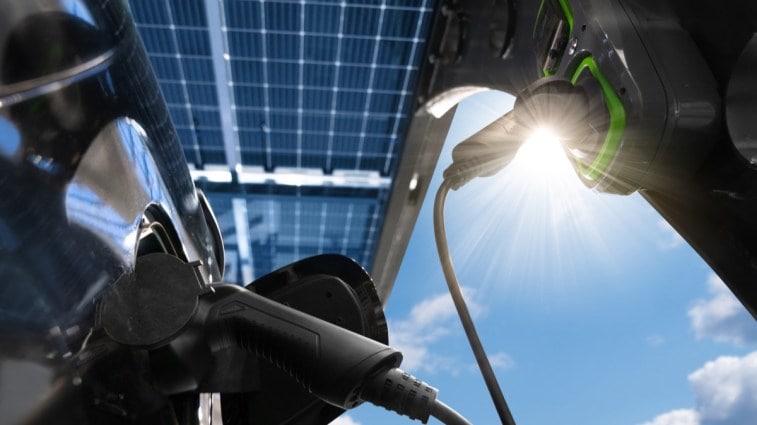
[ad_1]
 As soon as individuals purchase a automobile that plugs into an outlet, they don’t have a tendency to return to gas-powered automobiles. A brand new examine finds that solely a few quarter of people that purchase an electrified automobile return to an inside combustion-powered mannequin for his or her subsequent automobile.
As soon as individuals purchase a automobile that plugs into an outlet, they don’t have a tendency to return to gas-powered automobiles. A brand new examine finds that solely a few quarter of people that purchase an electrified automobile return to an inside combustion-powered mannequin for his or her subsequent automobile.
Associated: America Splits Into Thirds on Electrical Automobiles
Showing in subsequent month’s version of the journal Transportation Analysis, the examine tracked greater than 4,000 drivers from 2015 via 2019 to see what their subsequent new automobile buy was after they purchased both an electrical automobile (EV) or a plug-in hybrid (PHEV).
Plug-in hybrids are automobiles that mix EV and gas-powered applied sciences, utilizing battery energy for shorter journeys and gasoline for longer journeys. Most have an all-electric vary between 25 and 35 miles.
Associated: Electrical Automobiles, Hybrids, and Plug-in Hybrids Defined
EV House owners Have a tendency To Stick With EVs
Researchers discovered that EV patrons tended to remain electrical — 63.3% purchased one other EV. A few quarter — 26.3% — went again to a gas-powered automobile. Simply 10.4% switched to a PHEV.
Those that owned an EV with shorter vary had been extra prone to swap to a PHEV.
As automakers construct longer-range EVs, that development might fade. Research authors notice, “In 2023, most BEVs [battery electric vehicles] have ranges of greater than 250 miles,” whereas respondents gave up BEVs with a median vary of 122 miles. “This may occasionally end in fewer adopters of BEVs selecting a PHEV and extra selecting to interchange their unique BEV with a more recent BEV.”
PHEVs Not Typically a Bridge to Electrical Automobiles
PHEV homeowners had been extra evenly divided.
Some analysts have predicted that PHEVs may function a bridge to EVs, convincing drivers to go electrical with their subsequent automobile buy. Researchers discovered that that occurred 33.6% of the time. Extra PHEV homeowners — 37.9% — purchased one other plug-in. A few quarter — 28.5% — went again to a gas-powered automobile.
Associated: Research — America’s Divide on EVs Grows
Infrastructure drove many choices. PHEV homeowners had been likelier to change to a pure EV if that they had entry to a Stage 2 charger at house (a quicker kind of charger that makes use of a 240-volt house connection). Unsurprisingly, that meant continued EV possession “is correlated to proudly owning a house.”
[ad_2]